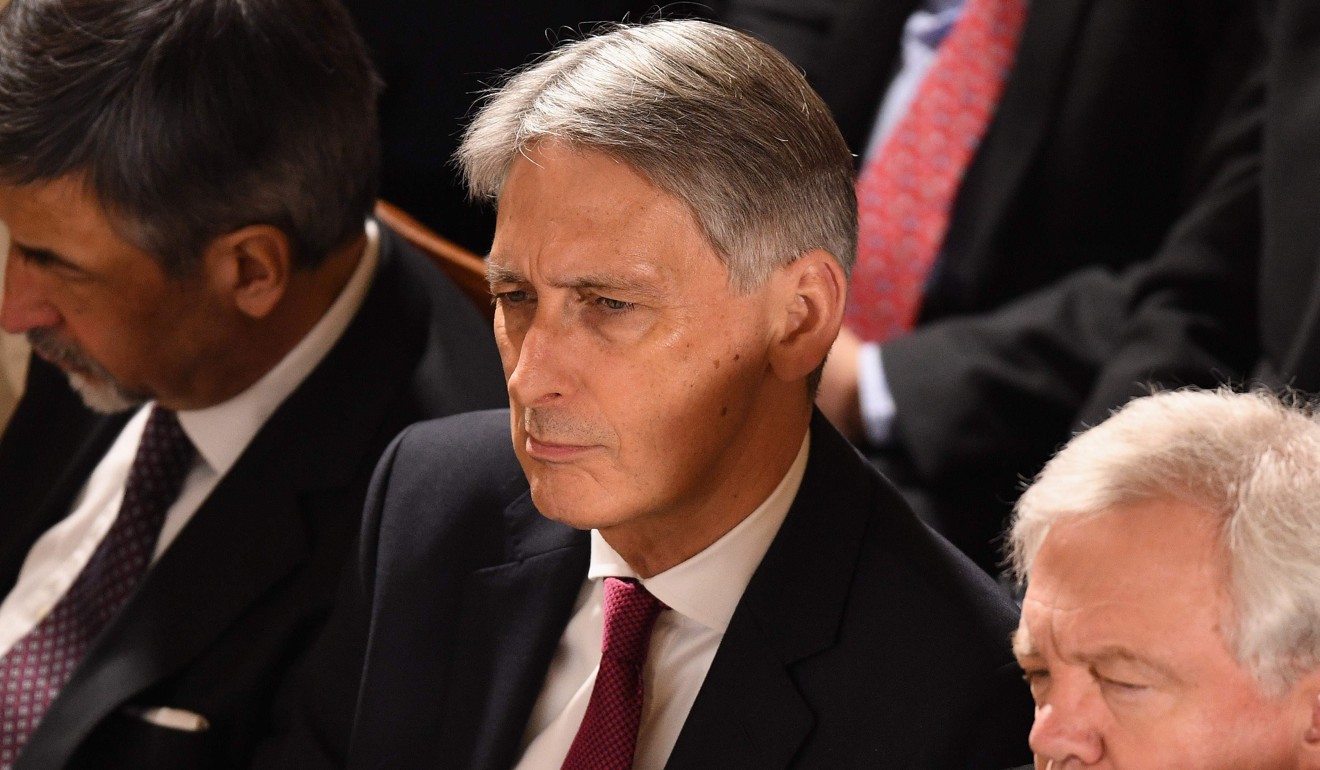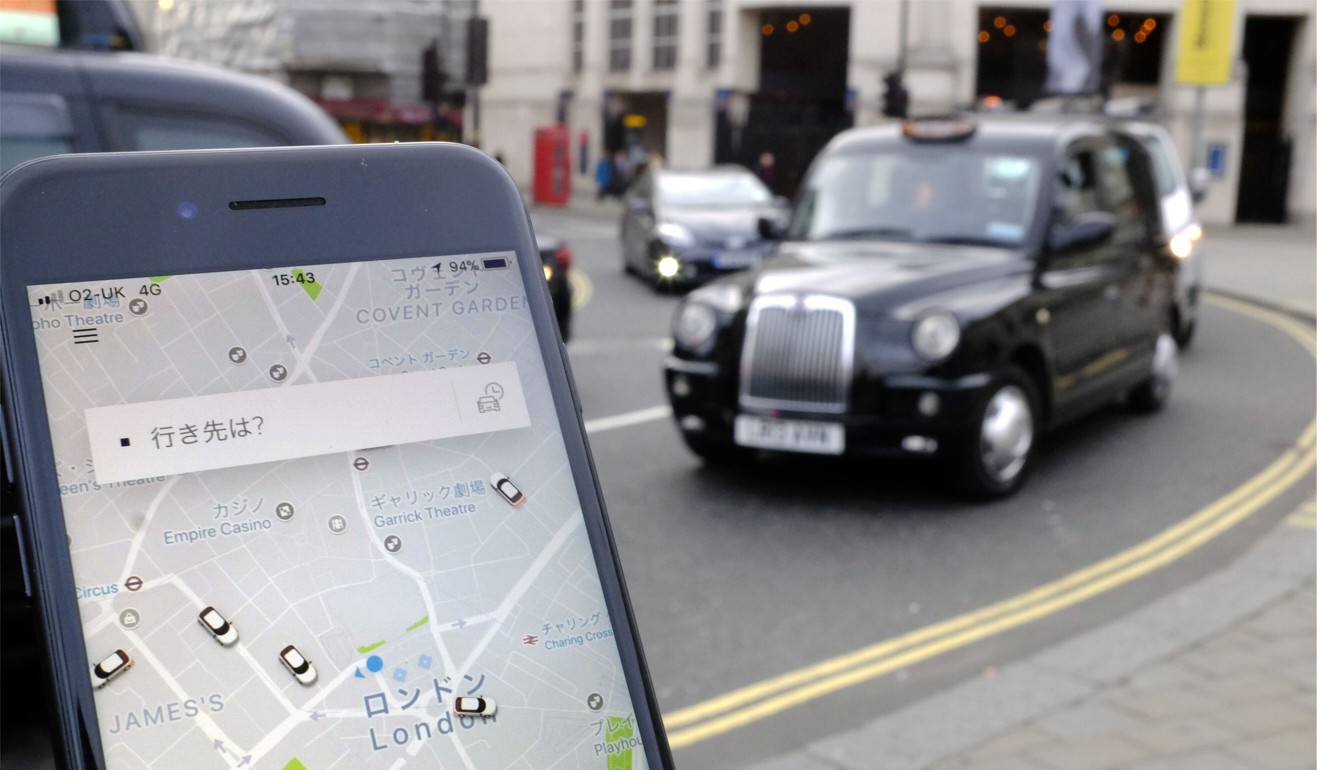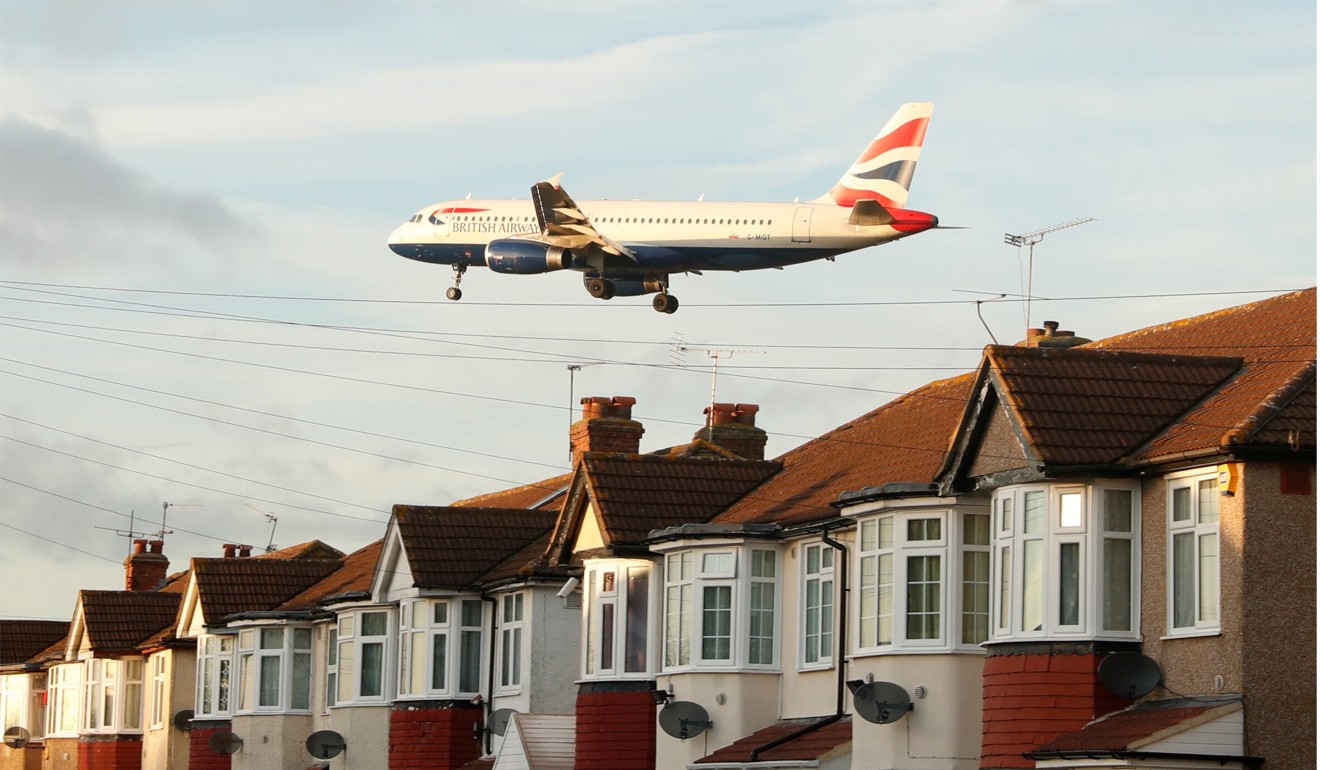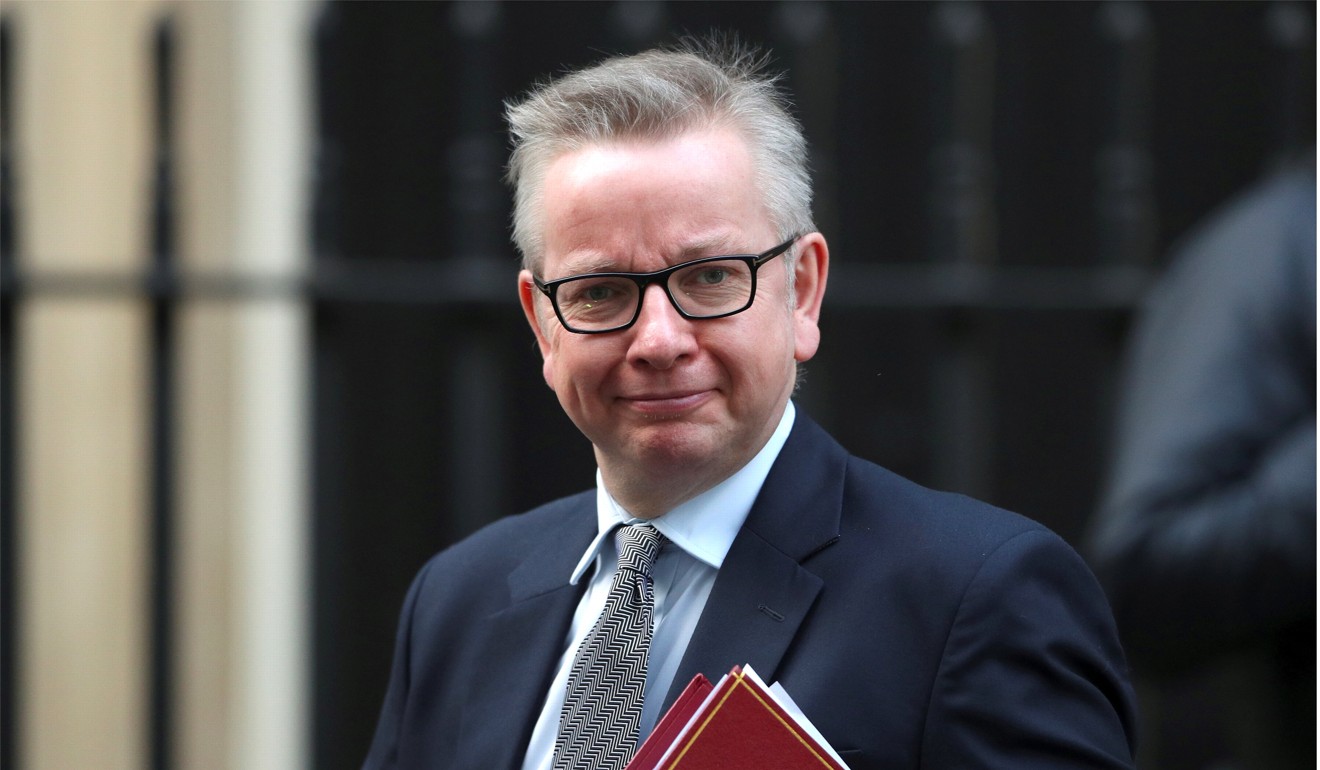
Explainer: What does Theresa May’s Brexit vision actually mean for UK businesses?
UK Prime Minister Theresa May’s vision for post-Brexit Britain would see some industries stay aligned with European Union rules – with others breaking free entirely. Her plan could change how banks operate as well as raise costs for holidaymakers using their smartphones.
Below are some key takeaways from her speech in central London on Friday.
Financial services
UK-based banks and other financial services companies will lose unfettered access to the EU’s single market, because the alternative would keep the UK beholden to both existing and new rules coming from Brussels.
“The UK has responsibility for the financial stability of the world’s most significant financial centre, and our taxpayers bear the risk, so it would be unrealistic for us to implement new EU legislation automatically and in its entirety,” she said.
Instead, Chancellor Philip Hammond will next week make another speech setting out how financial services “can and should be part of a deep and comprehensive partnership.”

Digital industry
European officials are currently pursuing a digital single market to allow citizens to access the same offerings in any country within the union. Currently, services such as video-streaming are subject to national rules and broadcasting rights.
However, May has declared that the UK won’t be following the same path, calling instead for more “domestic flexibility.”
One of the main aims of the digital single market is to make sure EU consumers can access online content on smartphones and other devices while in other member states. It has already ended expensive roaming charges.
A worst-case scenario for the UK would see citizens blocked from online content while in the EU, and facing higher phone bills on holidays.

Pharmaceuticals
Though she dropped hints in her Munich speech last month, May confirmed on Friday that certain industries like medicine makers could stay as members of their respective EU agencies – which means continuing to abide by their rules and paying membership fees.
This would streamline approval processes and boost innovation in the UK, she said.
Membership of the European Medicines Agency “would mean these medicines getting to patients faster as firms prioritise larger markets when they start the lengthy process of seeking authorisations,” she said.
She added that it would also help the EU because currently the UK regulator is the main new medicine assessor in the bloc.

Aerospace and airlines
May committed to a plan demanded by the aerospace industry to allow the movement of goods between the UK and the EU and avoid potential delays at docks and airports due to customs checks.
Airbus SE had warned earlier Friday that it may need to stockpile parts for its aircraft to avoid disruption after Brexit.
The company has cautioned that its UK factories, which produce wings for all its commercial jets, would only remain untouched if they retain current levels of efficiency.
Like pharmaceuticals, Britain’s aviation industry may remain part of the European Aviation Safety Agency, as is already the case for Switzerland, she said.

Agriculture and fisheries
Reiterating comments made last week by Environment Secretary Michael Gove, May said the UK would be using Brexit to reform the way that agriculture and fisheries are managed and subsidised.
She also repeated his claim that the UK will boost its environmental standards after Brexit, which will likely please green groups and frustrate some farmers.
“But it will be particularly important to secure flexibility here to ensure we can make the most of the opportunities presented by our withdrawal from the EU for our farmers and exporters,” she said.
On fishing, she said the UK and EU should work together to prevent overfishing and “agree reciprocal access to waters and a fairer allocation of fishing opportunities for the UK fishing industry.”


